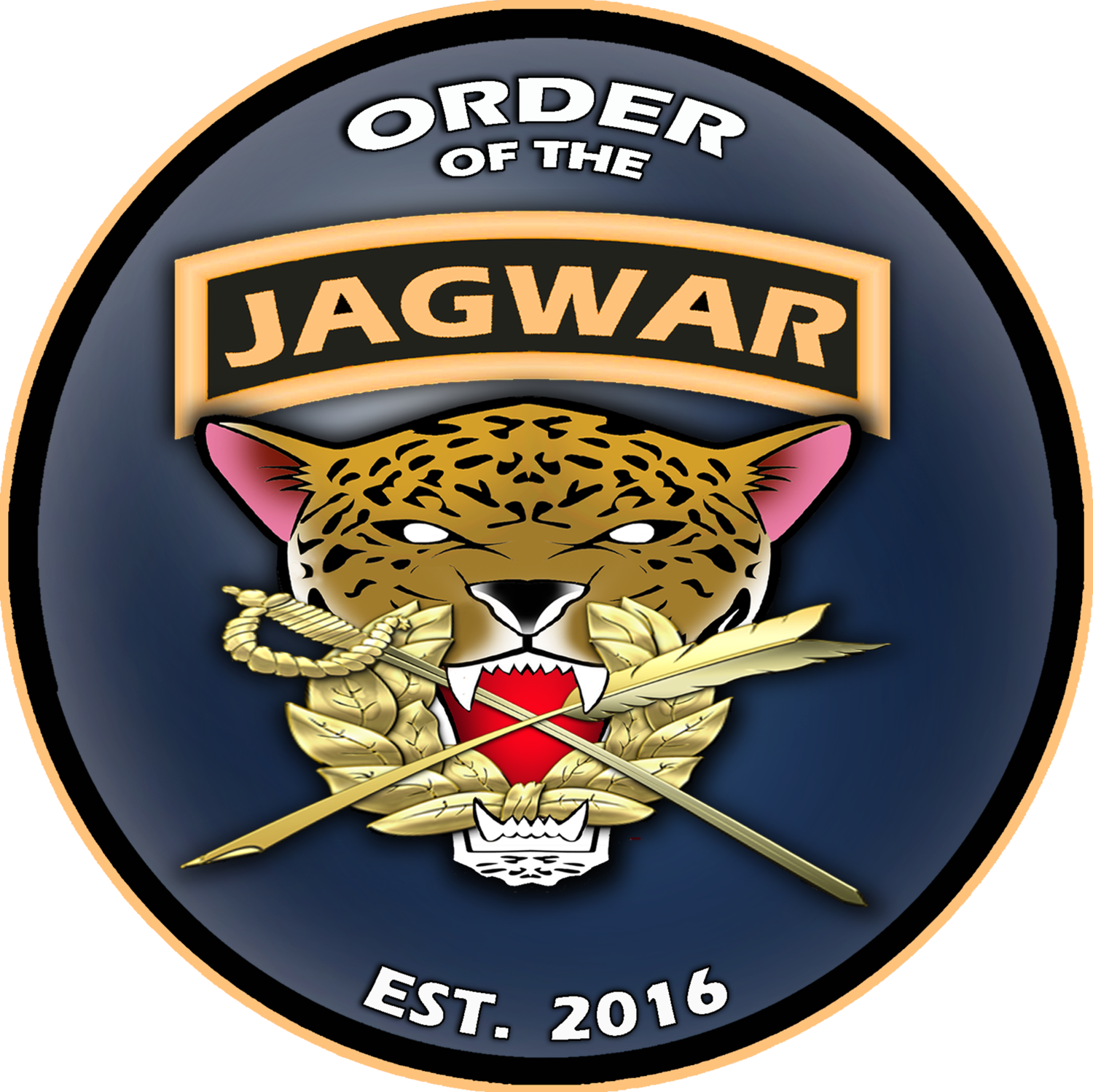MEDICCCCC!!!!! Someone get me a @#$%&*ing MEDICCCCC!!!! ‘Cause I can barely breathe amidst the cardiac arrest ignited by news that the United States Army is finally preparing to initiate testing for the new Expert Soldier Badge (first announced back in 2017).
Fix me up good, Doc, and keep your lips sealed about this whole “breathless” episode; I can’t afford to let a profile thwart me from fulfilling this destiny.
* * * * * * * * * * * * * * * * * * * * * * * *
Here’s the backstory:
Back in June, while commemorating the U.S. Army’s 244th Birthday, the Training and Doctrine Command (TRADOC) announced a brand new proficiency badge. It declared that pursuit of this award was “designed to improve lethality, recognize excellence in Soldier combat skills and increase individual, unit and overall Army readiness.”
Now, as we leap into the first quarter of the new fiscal year, plans are being laid to begin testing that could afford any Soldier who isn’t infantry, special forces, or a combat medic the honor of sporting an accoutrement attesting to his/her skill on a battlefield.
This is a BDF, guys…
The new badge will be equivalent to the Expert Infantryman Badge and Expert Field Medical Badge and will similarly test core infantry and combat medic proficiency. Like its more famous and established counterparts, the Expert Soldier Badge “will test general soldiering skills,” according to CSM Edward W. Mitchell of the Center for Initial Military Training. “By offering testing and a badge, the Army hopes to incentivize units to train their warrior tasks and battle drills while in garrison and during peacetime.”
“We wanted every soldier to make sure they understand that they are experts in their field,” CSM Mitchell said. "Achieving the new badge ... requires a much higher standard, just like its cousins.”
“This is not a badge to award so that the entire Army now has an ‘expert’ badge to wear,” says TRADOC CSM Timothy A. Guden. Just as “not every Infantryman or Special Forces soldier earns the EIB and not every medic earns the EFMB . . . this is a badge to award to those who truly deserve recognition as an expert in their career field.”
BADGE DESIGN and TESTING
The new skill badge will be nearly a spitting image of the Combat Action Badge, minus the wreath. The badge displays the same M9 bayonet knife and M67 frag grenade inlaid against a solid, gray rectangular bar.
The ESB initiative is designed to improve the readiness of its Soldiers, as two decades of constant deployments has taken its toll on the force.
Testing will first become available from October 2019 through March 2020, and the standards will not be adjusted for age, gender or any other criteria.
It will be up to brigade commanders when to schedule the test, but because most of the events are common among the three expert badges—about 80 percent of the tasks will be the same—units can run tests for different badges simultaneously.
To qualify to take the 5-day test, soldiers must pass the Army Combat Fitness Test, qualify as “Expert” on the M4 Carbine or M16 rifle, and then be recommended by their chain of command. The test will then involve another ACFT, day and night land navigation, individual testing stations, and then a culminating 12-mile foot march in three hours or less. (Yes, I know, Mom… three hours or fewer).
Test events will be based on the warrior tasks and battle drills first introduced at basic training, as well as five events selected by the brigade commander from a unit’s Mission Essential Task List. These could include reacting to an IED attack, marking CBRN-contaminated sites, or building a defensive fighting position.
Events will be graded on “go or no-go” completion, but soldiers can still receive a few “no-go’s” and earn the badge.
NOT JUST A “PARTICIPATION TROPHY”…
The name of the Expert Soldier Badge signals the badge’s significance to non-infantry, non-combat medic, and non-Special Forces soldiers. (Those MOS types can already achieve the EIB and EFMB instead, and won’t be eligible to compete for this badge.) Yet CSM Mitchell pushes back against those who say the new badge is a “participation ribbon” for Soldiers who opted out of the risks of the infantry.
And that’s because CSM Mitchell believes the standards for the new badge will limit the number of Soldiers able to achieve it, just like the other expert badges. His objective, he says, is “to find out who is the top 1 or 2 percent across the board.”
Quote CSM Mitchell: “Every infantry solider does not have an EIB. Every medical soldier does not have the EFMB. And I guarantee you, every soldier across the force will not have the ESB.”
That doesn’t mean every soldier shouldn’t try. Because, again, the key driver behind the badge is readiness—ensuring soldiers are practicing their basic warrior tasks and battle drills in garrison.
You can see form Sergeant Major of the Army (SMA) Daniel A. Dailey’s fingerprints all over this one; his comments on the new badge sum it up perfectly:
“The ESB will be an important component of increasing Soldier lethality and overall readiness to help achieve the vision for the Army of 2028. The EIB and EFMB have supported the Infantry and medical fields with distinction, ensuring their Soldiers maintain critical skills, while recognizing the very best among them. The ESB will achieve the same for the rest of the Army.”
In short, the badge will measure the art of Soldiering. ESB training and testing will be extremely challenging, mission-focused, and conducted under realistic conditions. And I can’t wait to see Army JAG Corps attorneys, paralegals, legal administrators (and dare I say judges?) sporting proof of their “dual professionalism”.
* * * * * * * * * * * * * * * * * * * * * * * *

